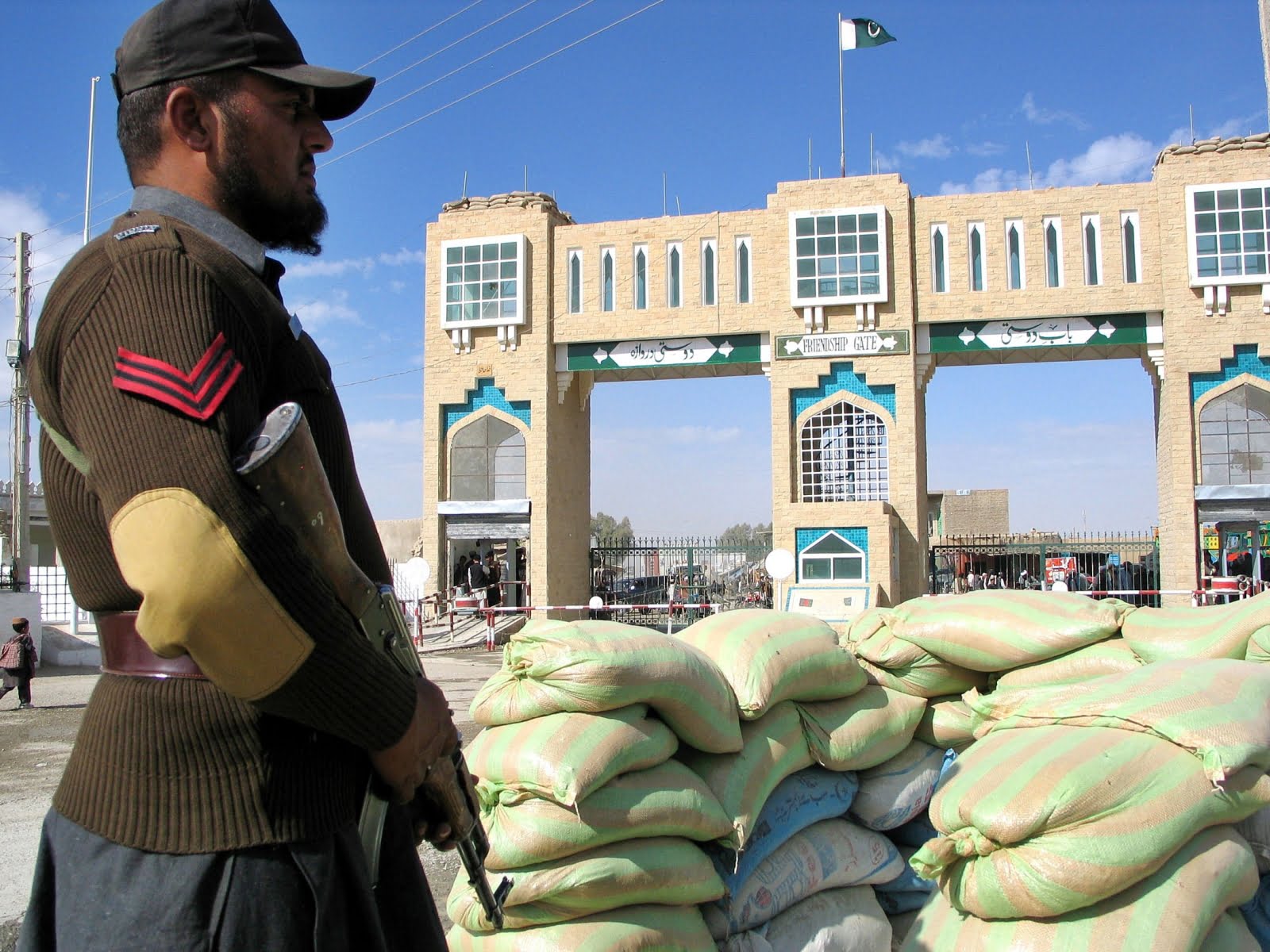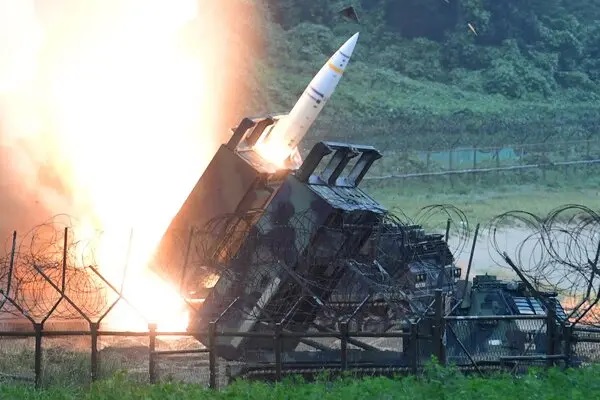
By Nurbek Olloyor
The historical ties between Uzbekistan and Afghanistan, existed long before the formation of these governments as republics. The emergence of these ties brings us back to the days when Uzbekistan and Afghanistan were not yet divided by political borders and were considered as a part of a single territory. The territories of these countries were under the solitary control during dynasties of the Samanids, Ghaznids and Temurids. In 1750, a friendship agreement was signed between the Ahmad Shah Durrani from Afghanistan and Muhammad Murad Bek from Bukhara.
For a long time on both sides of the Amu Darya there lived people who spoke similar languages, with the same customs, tradition, culture and they had a religious community. The “Druzhba” (Friendship) bridge which constructed as rail-road bridge over the Amu Darya river with a length of 816 meters was built by the force of Soviet builders in 1981. The “Druzhba” bridge stretching over the Amu Darya, today is one of the most important routes connecting Afghanistan with the countries of Central Asia, with Russia and, first of all, with Uzbekistan. This bridge played a huge role in collaboration between Uzbekistan and Afghanistan, especially in the development of trade and economic cooperation.
According to official figures, in 2011 Uzbekistan imported more than 143 thousand tons of various goods from Afghanistan and delivered 825 thousand tons of different products to the country. In addition, more than 3 million 100 thousand tons of cargo were transported to Afghanistan through Uzbekistan. Until mid-2012, approximately 70 percent of the fuel needed by Afghanistan passed through Uzbekistan.
It should be noted that in recent years, the Uzbek-Afghan economic relations have received significant recharge.
The personal dialogues of the leaders of Uzbekistan and Afghanistan, which have acquired a regular character, give a powerful impetus to the bilateral cooperation. Recently, five meetings have taken place between the President of the Republic of Uzbekistan Sh. Mirziyoyev with the head of Afghanistan A. Ghani. The leaders of two countries managed to establish a close and productive dialogue, to form trusting communicational channels.
Especially, it is necessary to note the official visit of the President of Afghanistan A. Ghani to Uzbekistan in December last year, which became a truly “historical” event in bilateral relations, fixing a qualitatively new level of political interaction and practical cooperation between two countries.
Following the conversations, the sides signed 20 joint documents affecting the sphere of security, energy and transport, as well as 40 commercial contracts for half a billion dollars for the supply of construction materials, food products, wheat, household appliances, vehicles, etc. to Afghanistan. The agreements between the leaders of two countries intensified contacts at the level of heads of ministries and departments.
The Prime Minister of Uzbekistan made a visit to the Balkh province of Afghanistan, as a result of effective collaboration there were several meetings between businessmen of two countries, was held a meeting of the IPC on trade and economic cooperation. These meetings are especially relevant in the context of a decline in Uzbek exports to Afghanistan by 25% over the five months of this year. As part of increasing exports, Uzbekistan continues to actively promote its products on the Afghan market, expanding the range of products which are offered.
In July 1, 2019 “Made in Uzbekistan” exhibition of Uzbek goods in the northern Afghan city of Mazar-e-Sharif was opened by the Prime Minister of Uzbekistan Abdulla Aripov.
Another event was held by the title of Uzbek-Afghan business forum in July 15, 2019 in Tashkent, where participated the chairmen of the ministries and departments of the two countries, the chairmen and members of the business community of Uzbekistan and Afghanistan, as well as more than 200 representatives of small and medium-sized businesses. Within the framework of the business forum, Uzbekistan and Afghanistan signed 25 export contracts and a memorandum of cooperation for the supply of oil and gas products to the southern country in the amount of $ 68 million. Also, was presented the “Uzbekistan-Afghanistan” free trade zone, which was opened in spring of this year in the border zone. Agreements were reached on establishing new and expanding existing contacts between business entities of two countries.
Afghanistan’s chief executive Abdullah Abdullah mentioned on his Twitter page that "The trade exhibition in Mazar-e-Sharif has shown great potential for expanding economic ties between two countries, and this is a key part of our trade policy." He wrote that "Uzbekistan is our reliable partner in peace, trade and prosperity."





